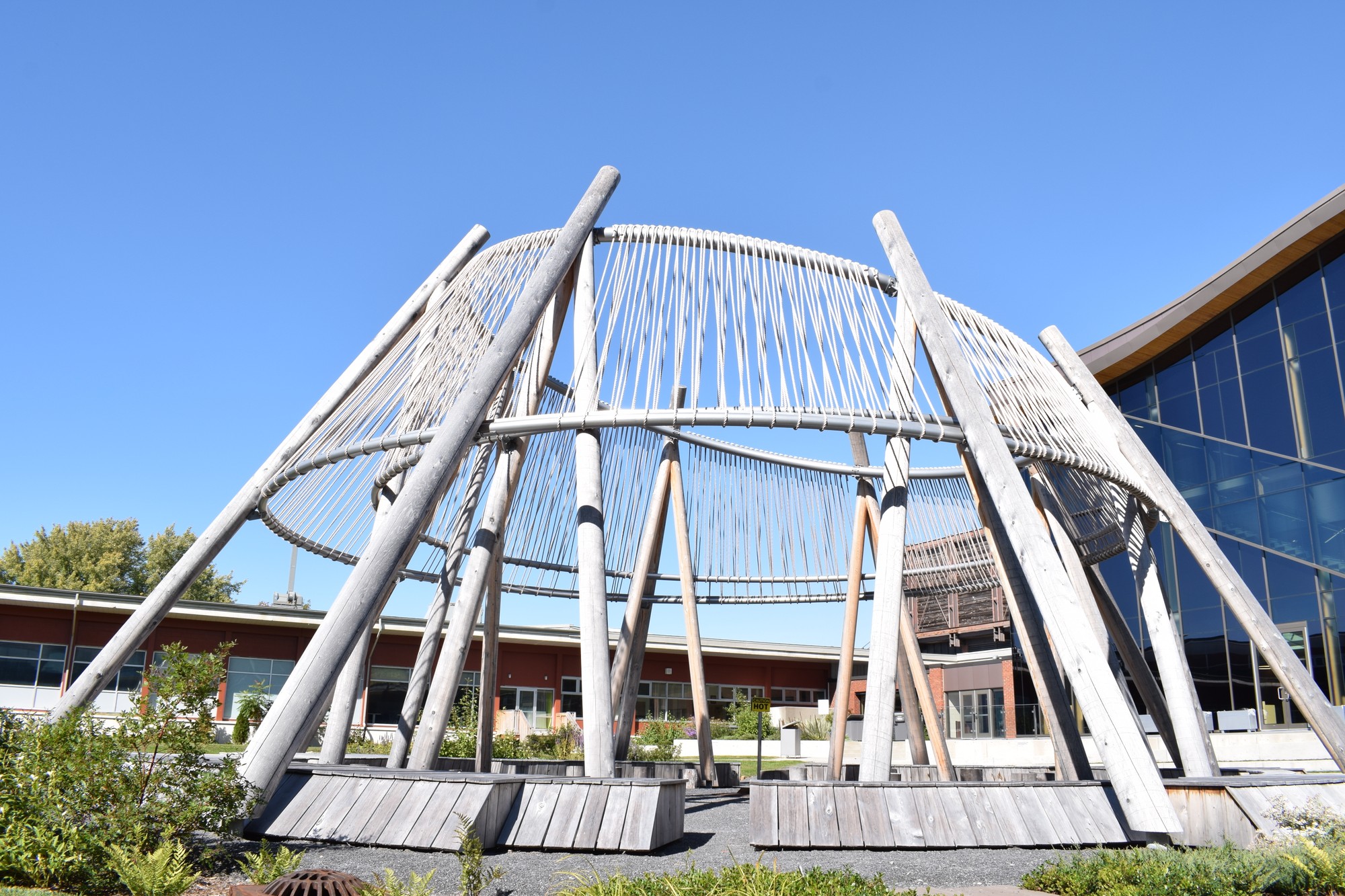The college is leading a $2.5 million program to provide Indigenous youth with job training and skills in response to the COVID-19 pandemic.
The COVID-19 Rapid Response Initiative, is funded by the federal government as part of Phase 2 of the COVID-19 Support Fund. The program is expected to run until the end of March of 2021, and will provide between 250 to 275 Indigenous youth across Canada with training based on their community’s experience in the pandemic.
Training is decided upon and administered within the communities with funding received through the college.
So far, training has covered skills such as COVID-19 screening, horticulture, soil management and food production processes. However, training varies from case to case based upon the community’s needs.
“Almost half of the partners are doing something related to food security,” said Jeff Turner, Algonquin’s partnership development specialist. “Food security has been an issue on First Nations for quite some time. But it was really highlighted during COVID because trucks were arriving empty or very with very little food on it.”
“And in Akwesasne – one of our other partners closer to us – they’re focusing on greenhouse nutrition, plant material growth and cultivation,” said Turner. “They’re incorporating a delivery truck to take food to elders and vulnerable people on their First Nation that had trouble getting food during the lockdown we experienced in March.”
Algonquin’s role in the project has mainly been to find partners through prior relationships with Indigenous communities and then providing them with funding. However, nine of the communities involved in the program had no prior relationship with Algonquin until recently.
“There’s the exposure to elders and Indigenous knowledge sharing that’s really quite vital and quite important,” said Turner. “They’ll get the benefit of hands-on experience, coaching and mentoring.”
Turner stressed how communities have been hit hard by the pandemic, and that many Indigenous youth have been out of work since March. “And the whole purpose is to give these youth exposure to work experiences, to gain some skill sets by actually working and not just reading about it,” he said.
Youth participating in the program will receive a wage during the training while also getting the opportunity to work within their community.
“One of the communities that is participating, the unemployment rate is 80 per cent in their First Nation,” said Turner. “So now, they’re going to have 20 youth there, at least till the end of March, that are all getting paid, learning, growing, developing, all because of this.”
Turner explained how he had received “letters of thanks” and phone calls from communities because of the impact the initiative will have on the youth
“COVID has been tough on everybody and this program is providing some hope,” said Turner. “I think that’s really special.”
More information on the initiative can be found in the college’s Dec. 9 announcement.


